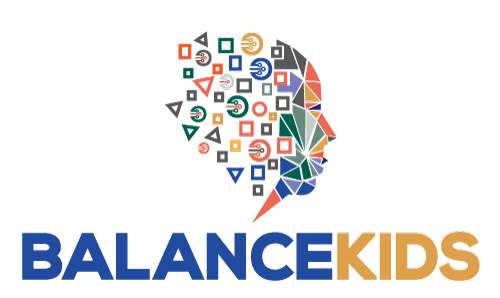Humans are social beings, and most cultures favor extroversion. When a child’s behavior isn’t in line with this preference, navigating the issue can feel challenging. But you’re not alone, and if you shift the paradigm from curing your kid to helping them cope with social anxiety, you’ll see lots of encouraging signs.
Do these behaviors sound familiar?
- Does your child avoid eye contact with children their age and shut down conversations with one-word answers?
- Do they hide at parties or carry a gadget around as a crutch?
- How about crying to avoid attending
These responses may indicate social anxiety. Shyness and social anxiety can be the result of bullying or stress but are often due to genetics—if you demonstrated these personality traits when you were young, there’s a good chance your kiddos will too.
The difference between shyness and social anxiety
Shyness is a reluctance to engage in social situations because of nervousness and a fear of being watched and rejected. Social anxiety disorder is more than shyness—it’s diagnosable and can be extreme, resulting in a child refusing to go to school.
How you can help
Don’t be overprotective or insensitive. Gently coax a worrier to step out of their comfort zone, but never shame or force them into scary situations because this can cause distress and worsen behavior. Give them a chance to overcome their fears and get used to a person or set of circumstances before you write an activity off.
Serve as a supportive presence in new and unfamiliar contexts, and praise your child’s observant nature or empathy. Providing a plan of action for various scenarios offers structure and an idea of how to act, making an event less daunting. For example, you could demonstrate making eye contact, smiling, and greeting.
Reading stories with characters that face similar problems can also be a way to open up a dialogue and find out more about what’s going on internally.
How therapy can help
A therapist or child psychologist will do an assessment and draw up a tailored treatment plan. They’ll try to understand where the anxiety stems from and teach coping mechanisms in line with these findings, including role play and self-soothing techniques such as breathing exercises. Progress may be slow, but you should notice a positive change after consistently working to apply the lessons and tools.
The Bottom Line
If you think about it, preschoolers are fresh out of the womb. Time and practice usually teach them the skills they need to become better conversationalists who are less prone to stress
in communal contexts. Young children are highly adaptive, and a lot of change occurs even up to the teen years, so don’t lose hope. Therapy, like our mental health treatment program for kids aged 6 to 11, can help lessen anxiety. Finally, remember that not everyone has to be a social butterfly—people are different, which makes life interesting.


